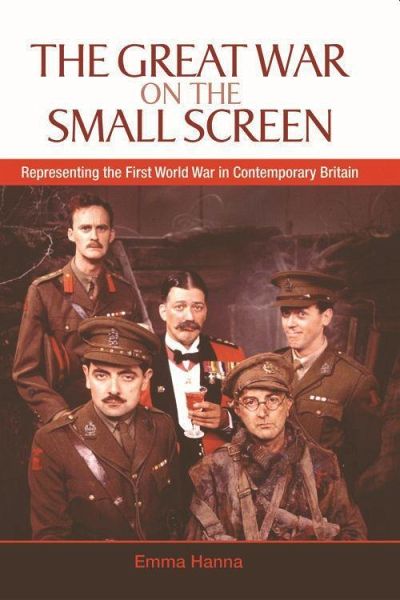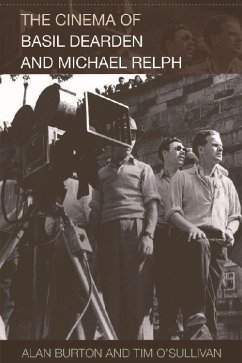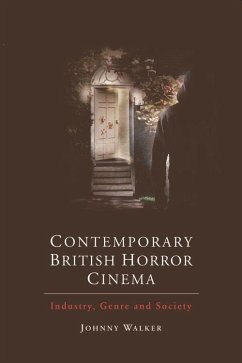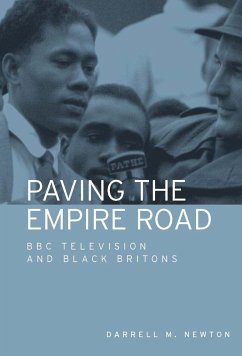
The Great War on the Small Screen
Representing the First World War in Contemporary Britain

PAYBACK Punkte
54 °P sammeln!
Remembering the First World War is an integral part of British national life. Every autumn the media turns its attention to the thousands of war memorials erected in the towns, villages, and cities that suffered unimaginable slaughter. Popular representations portray brave volunteer soldiers marching to their deaths, under the supervision of uncaring and incompetent Generals, for no apparent gain. This view continues to be the interpretation that's most acceptable for the national moral palate; however, behind these rituals of remembrance, historians, writers, television producers, and newspaper editors fight bitterly over the presentation of the conflict to the public. "The Great War on the Small Screen" explores the problematic relationship between history and popular imagination by examining the personal, political, and ideological struggles over the representation of the First World War on British television.
In Britain since the 1960s television has been the most influential medium of popular culture. Television is also the site where the Western Front of popular culture clashes with the Western Front of history. This book examines the ways in which those involved in the production of historical documentaries for this most influential media have struggled to communicate the stories of the First World War to British audiences. Documents in the BBC Written Archives Centre at Caversham, Berkshire, the Imperial War Museum, and the Liddell Hart Centre for Military Archives all inform the analysis. Interviews and correspondence with television producers, scriptwriters and production crew, as well as two First World War veterans who appeared in several recent documentaries provide new insights for the reader. Emma Hanna takes the reader behind the scenes of the making of the most influential documentaries from the landmark epic series The Great War (BBC, 1964) up to more recent controversial productions such as The Trench (BBC, 2002) and Not Forgotten: The Men Who Wouldn't Fight (BBC, 2008). By examining the production, broadcast and reception of a number of British television documentaries this book examines the difficult relationship between the war's history and its popular memory.













